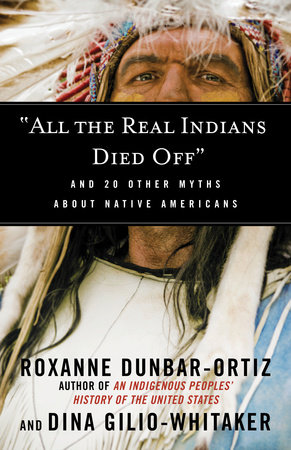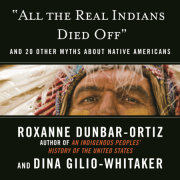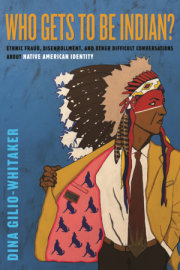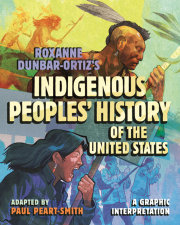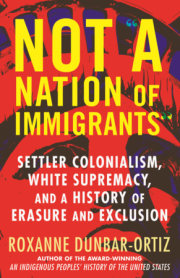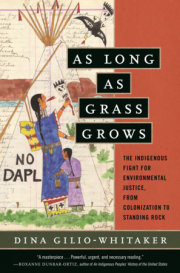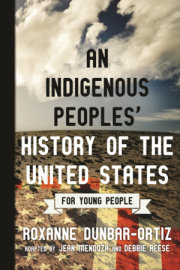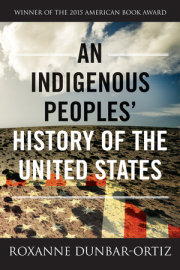Authors’ Note
Introduction
MYTH 1: “All the Real Indians Died Off”
MYTH 2: “Indians Were the First Immigrants to the Western Hemisphere”
MYTH 3: “Columbus Discovered America”
MYTH 4: “Thanksgiving Proves the Indians Welcomed the Pilgrims”
MYTH 5: “Indians Were Savage and Warlike”
MYTH 6: “Indians Should Move On and Forget the Past”
MYTH 7: “Europeans Brought Civilization to the Backward Indians”
MYTH 8: “The United States Did Not Have a Policy of Genocide”
MYTH 9: “US Presidents Were Benevolent or at Least Fair-Minded Toward Indians”
MYTH 10: “The Only Real Indians Are Full-Bloods, and They Are Dying Off”
MYTH 11: “The United States Gave Indians Their Reservations”
MYTH 12: “Indians Are Wards of the State”
MYTH 13: “Sports Mascots Honor Native Americans”
MYTH 14: “Native American Culture Belongs to All Americans”
MYTH 15: “Most Indians Are on Government Welfare”
MYTH 16: “Indian Casinos Make Them All Rich”
MYTH 17: “Indians Are Anti-Science”
MYTH 18: “Indians Are Naturally Predisposed to Alcoholism”
MYTH 19: “What’s the Problem with Thinking of Indian Women as Princesses or Squaws?”
MYTH 20: “Native Americans Can’t Agree on What to Be Called”
MYTH 21: “Indians Are Victims and Deserve Our Sympathy”
Historical Time Line
Acknowledgments
Notes

